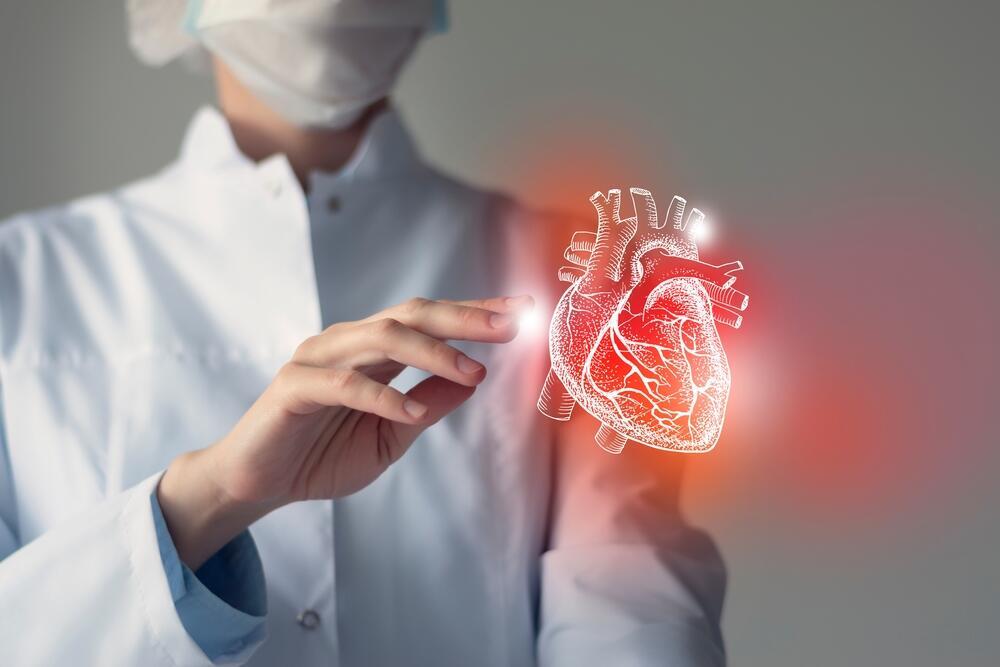Basic biology textbooks will tell you that all life on Earth is built from four types of molecules: proteins, carbohydrates, lipids, and nucleic acids, each being essential for living organisms.
University of Florida researchers are employing the HiPerGator, the fastest supercomputer in U.S. higher education, to determine whether these “molecules of life,” such as amino acids and DNA bases, can be naturally formed in the right conditions.
HiPerGator has AI models and vast capacity for graphics processing units (GPUs), specialized processors designed to accelerate graphics renderings, which is revolutionizing the molecular research game.
Until about a decade ago, only simple computer simulation experiments could be done to study the evolution and interactions of large collections of atoms and molecules due to limited computing power. However, with the HiPerGator, researchers now have the capability to conduct large-scale experiments.
UF Ph.D. student Jinze Xue from the Roitberg Computational Chemistry Group employed over 1,000 A100 GPUs on HiPerGator to perform a molecular dynamics experiment on 22 million atoms, leading to the identification of 12 amino acids, three nucleobases, one fatty acid, and two dipeptides, signaling a significant achievement in the discovery of larger molecules.
Adrian Roitberg, Ph.D., a professor in UF’s Department of Chemistry, shared that their previous success enabled them to use Machine Learning and AI to calculate energies and forces on molecular systems with remarkable speed, around 1 million times faster than high-level quantum chemistry.
Erik Deumens, Ph.D., the senior director for UFIT Research Computing, highlighted HiPerGator’s unique capability to run large ‘hero’ calculations, leading to potential breakthroughs in science and scholarship.
Roitberg and his research group’s ongoing effort to discover how complex molecules can form from basic building blocks aims to make the process automatic through large computer simulations.
The project is part of an ongoing effort to discover how complex molecules can form from basic building blocks, and to automate the process through large computer simulations. Roitberg and his research group spent many hours working with members of UFIT, with Ying Zhang, UFIT’s AI support manager, running point for the experiment.
The results, and the short time in which HiPerGator was able to deliver them, were groundbreaking, bringing researchers one step closer to answering questions about how complex molecules are formed. This project demonstrates UF’s capability to support “hero runs” or “moonshot calculations” that advance scientific, engineering, and scholarly projects.
This demonstrates a significant opportunity for UF faculty to produce groundbreaking science with the support of HiPerGator’s remarkable staff.















